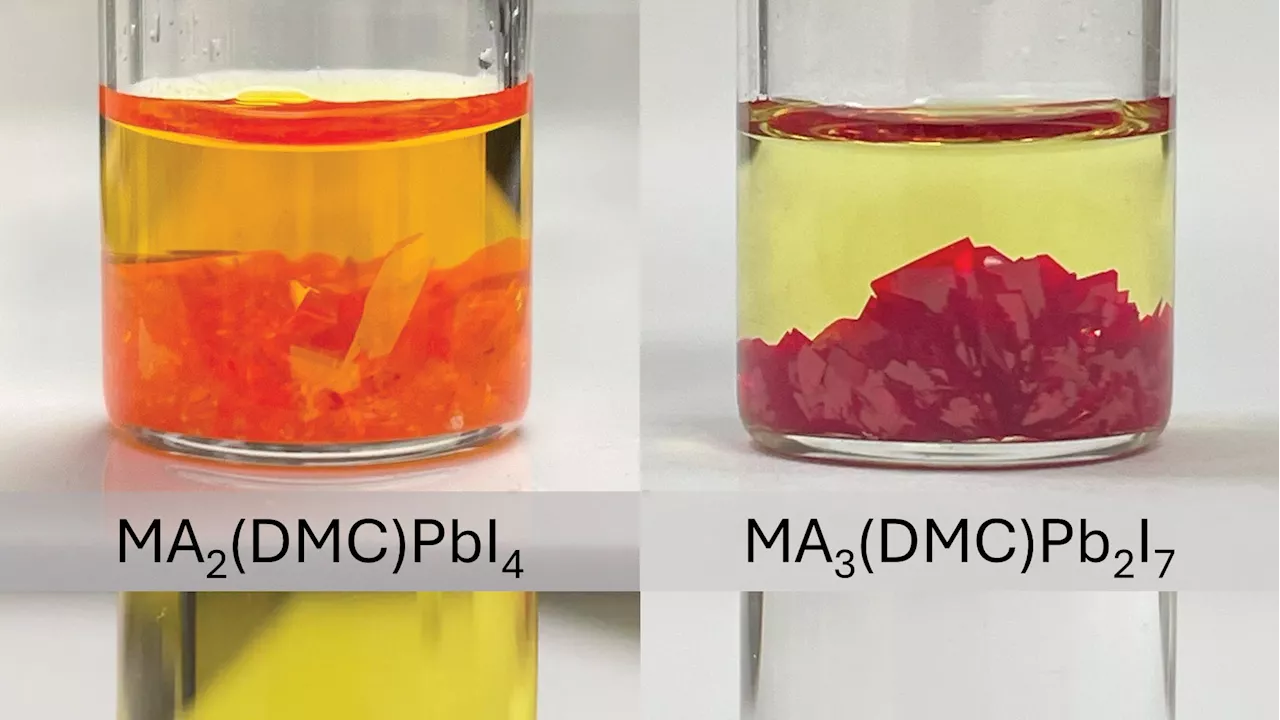SINGAPORE: Researchers at the Yong Loo Lin School of Medicine have pioneered a breakthrough method to engineer yeast capable of forming self-regulating microbial communities that adapt to environmen
tal signals.
This development marks a significant leap from traditional microbial biotechnology, constrained by its reliance on single-cell organisms incapable of executing complex, coordinated tasks. “These artificially engineered smart yeast cells could revolutionise how microbial communities are controlled for health purposes,” said Associate Professor Matthew Chang, Director of the Synthetic Biology Translational Research Programme at NUS Medicine and NUS Synthetic Biology for Clinical and Technological Innovation.
Crucially, the yeast reacts to disease markers—molecules that accumulate in the body during illness—allowing it to produce precise amounts of therapeutic compounds as needed. This allows for flexible and precise therapeutic production without manual intervention, improving treatment outcomes.”
South Africa Latest News, South Africa Headlines
Similar News:You can also read news stories similar to this one that we have collected from other news sources.
 NTU scientists develop colour-changing 2D halide perovskites Singapore News%
NTU scientists develop colour-changing 2D halide perovskites Singapore News%
Read more »
 Singapore property rental scams have cost victims over $2.7 million in 2024 Singapore News%
Singapore property rental scams have cost victims over $2.7 million in 2024 Singapore News%
Read more »
 Singapore stocks declined on Tuesday’s open—STI dropped 0.3% Singapore News%
Singapore stocks declined on Tuesday’s open—STI dropped 0.3% Singapore News%
Read more »
 Global rankings: Singapore is the 5th best city among 100 in the world Singapore News%
Global rankings: Singapore is the 5th best city among 100 in the world Singapore News%
Read more »
 Singapore firms brace for modest recovery as profits continue to tumble Singapore News%
Singapore firms brace for modest recovery as profits continue to tumble Singapore News%
Read more »
 Singapore ranks 13th among top 15 billionaire countries Singapore News%
Singapore ranks 13th among top 15 billionaire countries Singapore News%
Read more »
